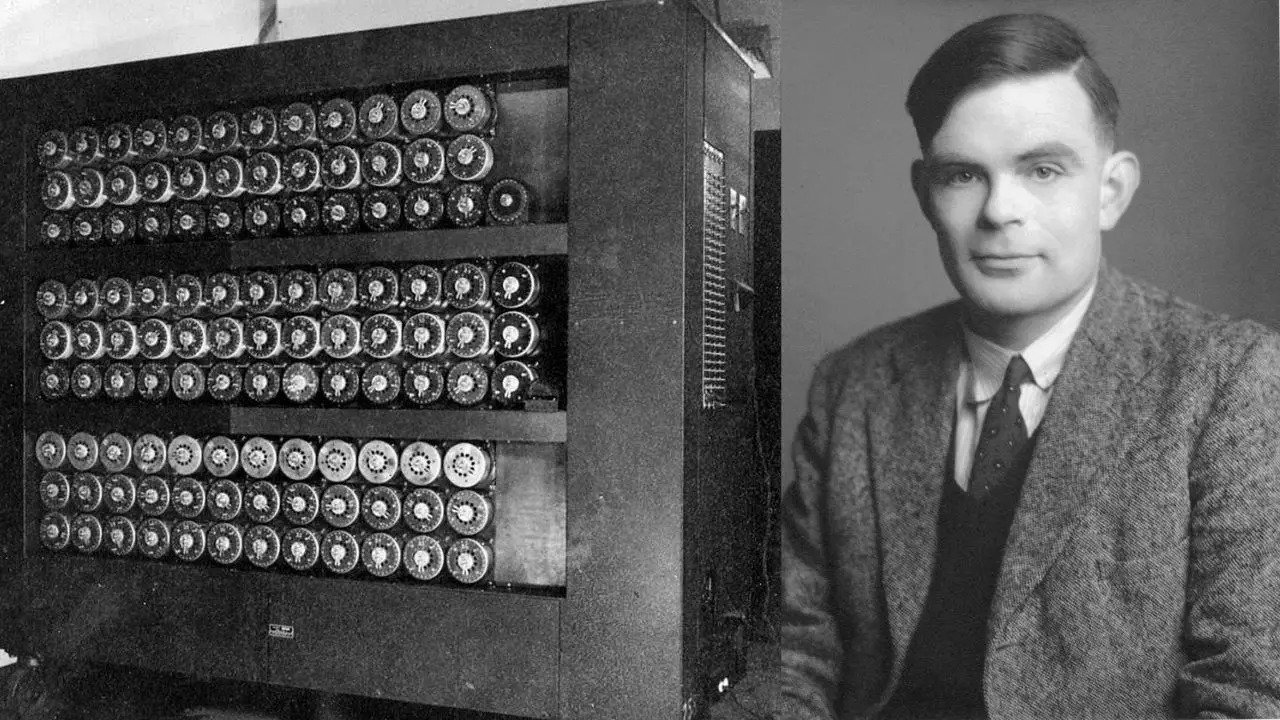The first stanza of William Butler Yeats’ much quoted poem, “The Second Coming,” contains the words:
“Things fall apart, the center cannot hold…
The best lack all conviction,
While the worst are full of passionate intensity.”
This declarative can be applied to democracy as an interrogative: can democracy hold in tension “liberty and justice for all”? Plato provides perspective on this question.
Can it be that Plato is not to be painted as a fascist or totalitarian collectivist as is typically his fate?
By no stretch of the imagination can Plato’s Republic be read as a treatise advocating liberty or for that matter democracy. What most people don’t realize is that Plato has issues with democracy because of liberty. But it is how he construes liberty in the context of democracy that creates problems and thus misunderstandings. And this view is fostered by when and where he was living at the time of his works, the Republic, the Statesman and the Laws – all of which impinge on his view of the relationship between freedom, democracy and justice.

Athens at this time was really two cities, a testament of class division. Thucydides’ account of the Peloponnesian War bears witness to the bitter arguments waged between rich and poor that augured against them in the Spartan-led Peloponnesian League. Public opinion in democratic Athens was completely free and unhindered, incredibly malleable, shifting here and there depending on what the popular position was. This circumstance and the city-state of Athens condemning to death his friend Socrates, provided the rough contours of Plato’s jaundiced view of democracy.
For Plato, the overriding principle to cultivate in society was not liberty (freedom), but justice. And to fully understand Plato, one must realize that he feels the same way about us – the people in that society. We, individually, are held to the same standard as society. And this parallelism between society and the people which compose it is what causes much of the confusion about his writing.
Plato offers no utopian political theory. As a former academic who advocates classical liberalism and has taught from the Republic many times, please know our philosopher is no libertarian, but neither is he fascist or totalitarian. As you will discover, Plato embraces a number of ideas that are amenable to the interests of classical liberalism.
Plato’s Metaphor for Justice
In the Republic, Plato speaks of society in metaphorical terms as “our city of words.” The dialogue is essentially about justice as a human virtue. When Socrates (the character Plato uses to make his point) is confronted with the question of whether the just life is the happy life, he suggests that we consider a just city, first. This is a hypothetical city that is, by …
Read the full article which is published on Daily Philosophy (external link)





